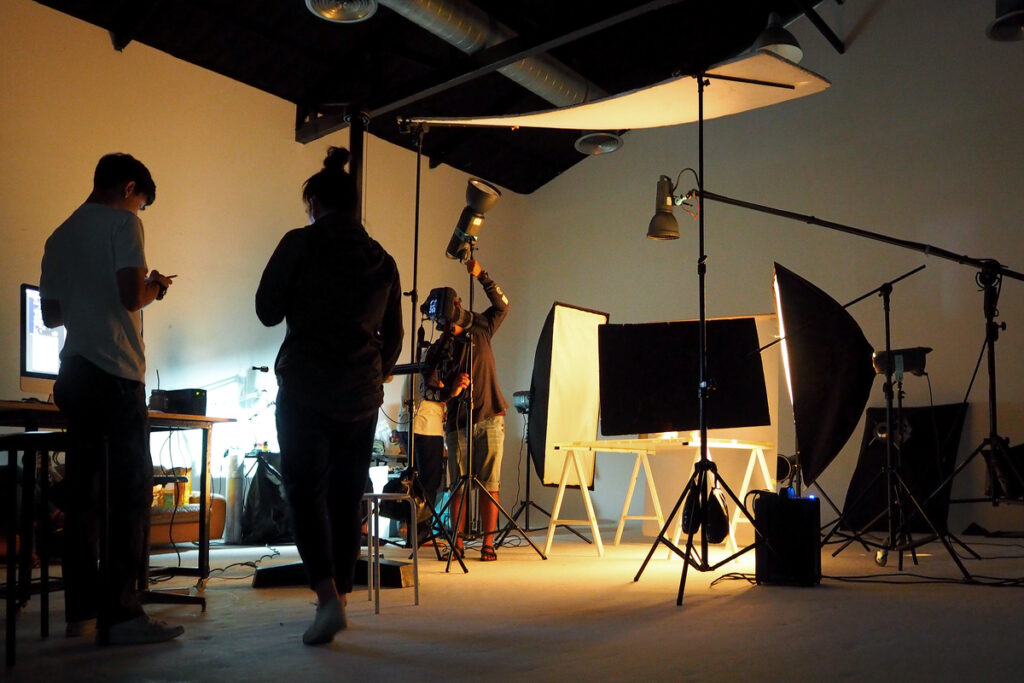How to Become a Successful Key Grip: Essential Tips and Strategies
If you are someone who is passionate about the film industry and enjoys technical work, you may be interested in becoming a key grip. Key grips are an essential part of any film production crew, responsible for setting up and operating camera support equipment, building and shaping light, and managing the movement of equipment and props on set. In this article, we will discuss the essential tips and strategies to become a successful key grip in the film industry.
Understand the Role of a Key Grip
Before we dive into the tips and strategies, it is important to understand the role of a key grip. The key grip is responsible for rigging and operating all the equipment that supports the camera, including camera dollies, cranes, and tripods. They work closely with the director of photography (DP) to execute their vision for the film and ensure that the shots are executed smoothly and safely.
In addition to camera support, the key grip is also responsible for lighting. They shape and control the light on set, ensuring that it is consistent with the director’s vision and the DP’s requirements. They also manage the movement of equipment and props on set, ensuring that everything is in the right place at the right time.
Develop Technical Skills
To become a successful key grip, you need to develop technical skills that are essential to the job. This includes knowledge of camera support equipment, lighting techniques, and rigging. You should also be familiar with the different types of cameras and lenses used in the film industry.
To develop these skills, you can attend film school or take courses in camera operation, lighting, and rigging. You can also gain practical experience by working as a grip or lighting technician on film sets.
Build a Strong Network
The film industry is highly competitive, and building a strong network is essential to finding work as a key grip. Attend industry events and film festivals, and connect with other professionals in the industry. Join professional organizations such as the International Alliance of Theatrical Stage Employees (IATSE) or the Society of Camera Operators (SOC).
Networking can also help you find work as a grip or lighting technician, which can provide valuable experience and help you build your reputation in the industry.
Be a Team Player
As a key grip, you will be working as part of a team, and it is essential to be a team player. This means being willing to take direction from the DP and the director, and working closely with other members of the crew, including the gaffer (chief lighting technician) and the camera operator.
Being a team player also means being able to adapt quickly to changing circumstances on set. You may need to adjust camera support equipment or lighting quickly to accommodate changes in the shot.
Be Safety Conscious
Safety is a top priority on film sets, and as a key grip, you are responsible for ensuring that the camera support equipment is safe to use. This means following safety protocols and guidelines, and ensuring that equipment is properly secured and maintained.
You should also be aware of potential hazards on set, such as cables and other equipment that could pose a tripping hazard. Always be alert and aware of your surroundings, and report any safety concerns to the production manager or other appropriate personnel.
Conclusion
Becoming a successful key grip in the film industry requires a combination of technical skills, networking, and teamwork. To succeed in this role, it is essential to understand the responsibilities of a key grip and develop the technical skills required for the job. Building a strong network and being a team player can help you find work and succeed in the industry. Finally, safety is a top priority on film sets, and as a key grip, you must be safety-conscious at all times.
If you are interested in pursuing a career in the film industry, consider taking the NYU Film and TV Industry Essentials online course and certificate program. This program provides a comprehensive overview of the film and TV industry and can help you develop the skills and knowledge required to succeed in this exciting and dynamic field.




